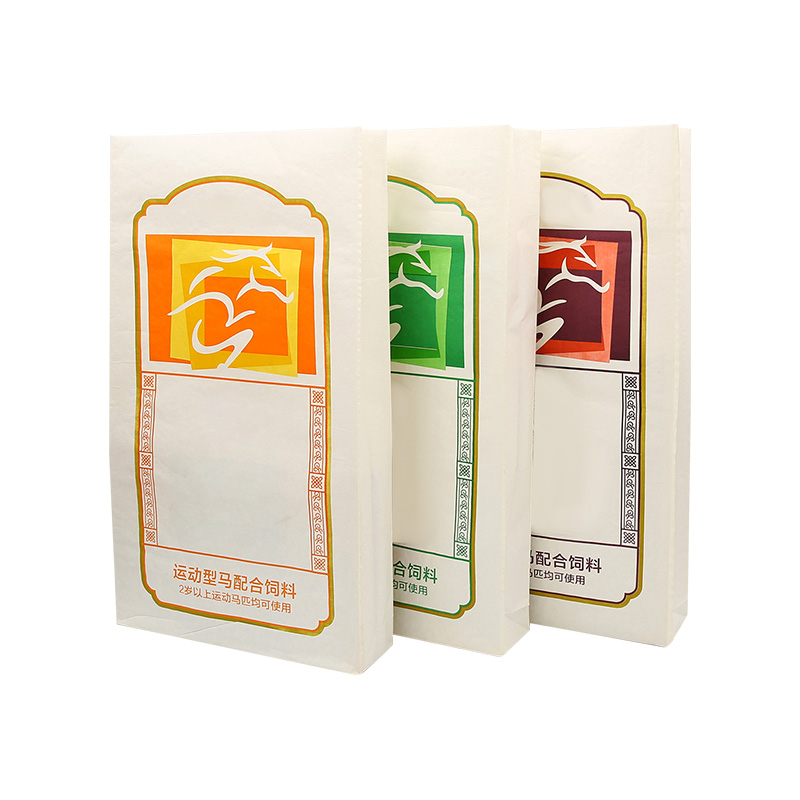Industries handling materials such as grains, chemicals, building materials, and powders are increasingly seeking packaging solutions that not only protect the product during transit but also reduce environmental impact. Among the prominent solutions in this sector are recycled PP woven bags, eco shipping bags, and kraft paper sacks, which have gained attention for their durability, versatility, and sustainability.

Recycled PP woven bags have become an important choice for bulk product transportation due to their strength and reusability. These bags are manufactured using polypropylene, which allows them to carry heavy loads without tearing or losing shape. The recycled aspect of these bags adds an environmental advantage, as it reduces the demand for virgin plastic while maintaining structural integrity. Companies are adopting recycled PP woven bags for applications ranging from agricultural products to industrial chemicals, thanks to their ability to withstand harsh handling conditions, moisture, and temperature variations.
Eco shipping bags are another development in sustainable transport packaging. Designed with environmentally friendly materials, these bags aim to lessen the carbon footprint associated with shipping bulk goods. Eco shipping bags often integrate biodegradable or recyclable components, making them suitable for companies that prioritize responsible packaging practices. Their design focuses not only on environmental benefits but also on operational efficiency. These bags are lightweight, stackable, and easy to handle, which contributes to cost savings during logistics operations. Additionally, eco shipping bags can be customized to meet the specific requirements of various industries, providing flexibility in bulk product management.
Kraft paper sacks remain a widely used solution for packaging bulk products, especially in industries such as cement, flour, sugar, and other dry materials. Made from strong, durable paper, kraft paper sacks offer good protection against tearing and punctures while being fully recyclable. These sacks are valued for their ability to maintain product quality during transport, preventing contamination and moisture exposure. Innovations in kraft paper sack manufacturing have introduced multi-layered designs and reinforced stitching, which enhance load capacity and durability without compromising recyclability.
The combination of these packaging solutions highlights the evolving approach to transport packaging. Companies are no longer focusing solely on product containment but are increasingly considering the environmental impact and efficiency of their packaging systems. Recycled PP woven bags, eco shipping bags, and kraft paper sacks each provide unique benefits that contribute to safer, greener, and more cost-effective bulk product transportation.
In addition to material innovations, design improvements have also played a critical role in the development of bulk packaging. Valve designs, self-standing features, and reinforced handles have made it easier to fill, transport, and store heavy materials. These design advancements help reduce product loss, reduce labor costs, and improve warehouse organization. Furthermore, standardized sizing and stackable shapes allow for more efficient use of shipping space, contributing to lower transportation costs and reduced energy consumption.
The integration of sustainability into transport packaging has also influenced supply chain decisions. Recycled PP woven bags, eco shipping bags, and kraft paper sacks align with growing regulatory requirements and consumer expectations for environmentally responsible products. Businesses that adopt these packaging solutions can improve brand perception and meet market demands for greener logistics practices. The focus on sustainable transport packaging also opens opportunities for recycling programs and closed-loop systems, where used bags are collected, processed, and reintroduced into production cycles.
Looking forward, continued research and development in transport packaging for bulk products are expected to introduce further improvements in materials, design, and functionality. Emerging technologies in biodegradable coatings, hybrid material construction, and automation in filling and handling processes will likely enhance the efficiency and sustainability of bulk transport packaging. Companies investing in these innovations can maintain product quality, support environmental objectives, and improve overall operational performance.
The field of transport packaging for bulk products is evolving toward sustainable and efficient solutions. Recycled PP woven bags, eco shipping bags, and kraft paper sacks illustrate the industry's commitment to combining durability, functionality, and environmental responsibility. By adopting these packaging options, businesses can enhance product protection, streamline logistics, and support sustainable supply chains, reflecting the growing importance of responsible packaging in modern bulk product transportation.


 English
English Español
Español عربى
عربى
